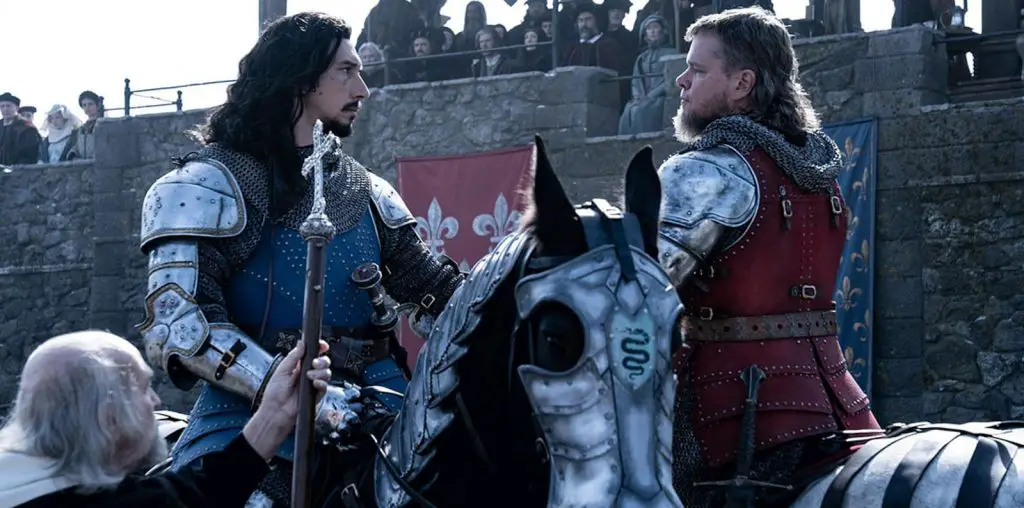
How do we remember our lives? Do we remember them in a three act narrative? When we think of the first day we went to school, for example, do we start with the moment we woke up, follow it with an exhausting minute-by-minute recollection of everything that happened after, and then end it with us stepping off the bus back home? Of course not, that would be ridiculous.
If every memory took as long to remember as it did to experience the first time around you’d see a lot of people standing around all over the place staring off into space with their mouths open, a tiny string of drool hanging down, as they try to remember if they left the oven on or not. Not only would this be rather impractical to say the least, but it simply isn’t how the human brain works. We remember things in a scattered jumble of unrelated images and sounds that would almost be nonsensical to anyone else.
Ashley Christopher Leach’s film “Those People of the South” uses audio recordings from various points in Leach’s life, coupled with random image stills and video clips, to recreate a memory, one of his own I assume, and for the most part he succeeds. The randomness of the images didn’t bother me. After all, we often think about more than one thing at a time.
I will admit, and this serves as an apology to Leach as well, that I didn’t understand half of what was said because the accents are so thick. I gave it my best shot and listened to it twice, but I still couldn’t make out some parts. I then had my wife listen to it, because she lived in Pennsylvania where they kind of talk like this, and she couldn’t make some of it out either. So if I got something wrong or misquoted what was being said, my bad.
At times this can be a funny film, as real life tends to be, and touches on topics as disparate as childhood, father-son relationships, sex, religion and race. Ashley’s dad is hilarious. He probably “creates” a better character in his five minute segment, with a series of increasingly bonkers phone messages, than most movies do in an hour and a half.
The last part of the film gets quite serious as Leach illustrates with recordings how the bible, a schizoid fascination/fear of sex, and casual racism combine to create the stereotypical southern identity, as his family discusses black men’s cocks and why white women are attracted to them. What’s sad is there’s no malice or even hate here. A lot of people might be offended by this last bit, but I’m not. It’s not that these people are bigots, not aggressively bigoted anyway, but that they can only see the world filtered through the stereotypes they grew up with and simply don’t have the curiosity to look any further.
The film is strange and somewhat random. Yet it is as complete of a document of a person’s life as anything else. The passage of time has a way of making what we thought of as some of the most important things in our lives become nothing, and moments we thought unimportant become everything. That’s why our most vivid memories always seem to be of these mundane moments that we never thought would stay in our minds for decades, memories that not only endure but eventually come to define us.
Ashley Christopher Leach has made a film about what defines him. He’s made something that is as close to a memory in his head as is possible, and that’s one hell of an accomplishment. It’s not perfect. At certain points in the film Leach tries to “mimic” what is being said on the audio with a montage of images and video to evoke mood, but he needn’t have done that. It was overkill. Besides, when you have something interesting to say, the mood doesn’t need to be created. It creates itself.
